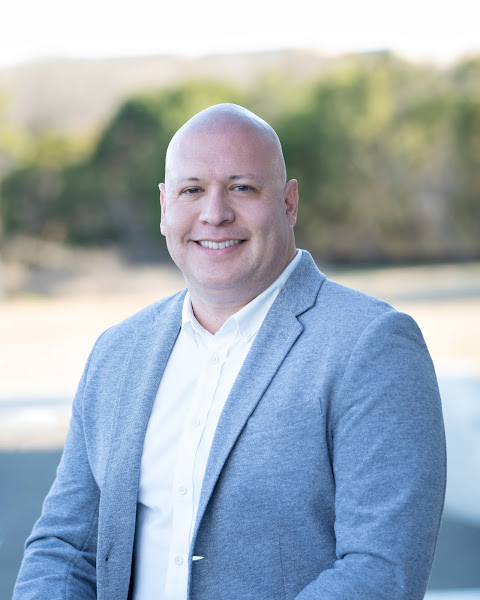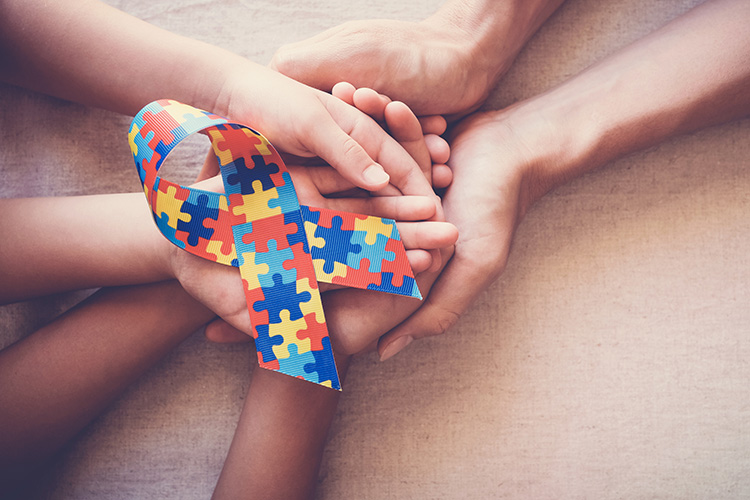Symptoms
What symptoms to look out for?
Autism symptoms can range from mild or severe. Some of them can be lower functioning with lower IQ in which they will not be able to function independently. In contrast, others can have higher IQs and do well in school. Although children with autism can grow up and live independently, they struggle socially and with school adjustment.
The symptoms may include:
- Aloof or distant behavior
- Does not make eye contact
- Displaying odd/ritualistic behavior (e.g. flapping their arms, rocking back and forth)
- A change in routine is difficult
- Delayed speech
- Repeating the sounds and words
- Obsessed with a particular subject or event
Diagnosis
What symptoms to look out for?
Autism symptoms can range from mild or severe. Some of them can be lower functioning with lower IQ in which they will not be able to function independently. In contrast, others can have higher IQs and do well in school. Although children with autism can grow up and live independently, they struggle socially and with school adjustment.
The symptoms may include:
- Aloof or distant behavior
- Does not make eye contact
- Displaying odd/ritualistic behavior (e.g. flapping their arms, rocking back and forth)
- A change in routine is difficult
- Delayed speech
- Repeating the sounds and words
- Obsessed with a particular subject or event.
Treatment
How to treat autism?
Autism cannot be cured, but medication can be used to treat some of the symptoms of autism. SSRIs are used to help treat rigid/OCD behavior. SSRI stands for Selective Serotonin Reuptake Inhibitor and is a set of drugs that help regulate the level of serotonin (a neurotransmitter/chemical messenger) in the brain. Stimulants can be used to treat ADHD and help children with autism since autism and ADHD have similar symptoms. Mood stabilizers can be used to treat anger or behavior problems, which is another common symptom of autism.
Children with autism can also benefit from speech and occupational therapy. The main treatment is Applied Behavioral Analysis (ABA) therapy. ABA can help children with autism by teaching them social and communication skills. The child’s behavior can be shaped using rewards, therefore, increasing positive behaviors and decreasing negative behaviors.
Both medications and occupational therapy are offered at the Specialty Clinic of Austin.
Potential free diagnosis and treatment for Autism
Our clinical research arm BioBehavioral Research of Austin may be able to offer you the opportunity to participate in our ongoing Autism studies in order to receive free diagnosis and treatment if you qualify.
Sources:
- Applied Behavior Analysis (ABA). (n.d.). Autism Speaks. Retrieved April 14, 2021, from https://www.autismspeaks.org/applied-behavior-analysis-aba-autism-treatment
- Autism. (n.d.). National Institute of Environmental Health Sciences. Retrieved April 14, 2021, from https://www.niehs.nih.gov/health/topics/conditions/autism/index.cfm
- Mayo Clinic Staff. (2018, January 6). Autism spectrum disorder – Symptoms and causes. Mayo Clinic. https://www.mayoclinic.org/diseases-conditions/autism-spectrum-disorder/symptoms-causes/syc-20352928
{
“@context”: “https://schema.org”,
“@type”: “Article”,
“mainEntityOfPage”: {
“@type”: “WebPage”,
“@id”: “https://specialtyaustin.com/autism/”
},
“headline”: “Autism”,
“description”: “ASD is multiple domains of developmental conditions that cause impairment in social interaction/relatedness, delayed speech, and restricted/repetitive behaviors.”,
“image”: “https://specialtyaustin.com/wp-content/uploads/2021/03/CondtionAutisim12.jpg”,
“author”: {
“@type”: “Person”,
“name”: “Charles Sweet, MD, MPH”
},
“publisher”: {
“@type”: “Organization”,
“name”: “Specialty Clinic of Austin”,
“logo”: {
“@type”: “ImageObject”,
“url”: “https://specialtyaustin.com/wp-content/uploads/2021/02/SC-Tm2U-logo2-1.jpg”
}
},
“datePublished”: “2021-05-25”,
“dateModified”: “2021-05-25”
}
{
“@context”: “https://schema.org/”,
“@type”: “Person”,
“name”: “Dr Charles Sweet”,
“url”: “”,
“image”: “https://specialtyaustin.com/wp-content/uploads/2021/03/Charles-Sweet.jpg”,
“sameAs”: [
“https://www.linkedin.com/in/charlessweet”,
“https://www.ratemds.com/doctor-ratings/2868570/Dr-CHARLES+T.-SWEET-Austin-TX.html”,
“https://www.healthgrades.com/physician/dr-charles-sweet-2mk6d”
],
“jobTitle”: “MD, MPH”,
“worksFor”: {
“@type”: “Organization”,
“name”: “Specialty Clinic of Austin”
}
}



